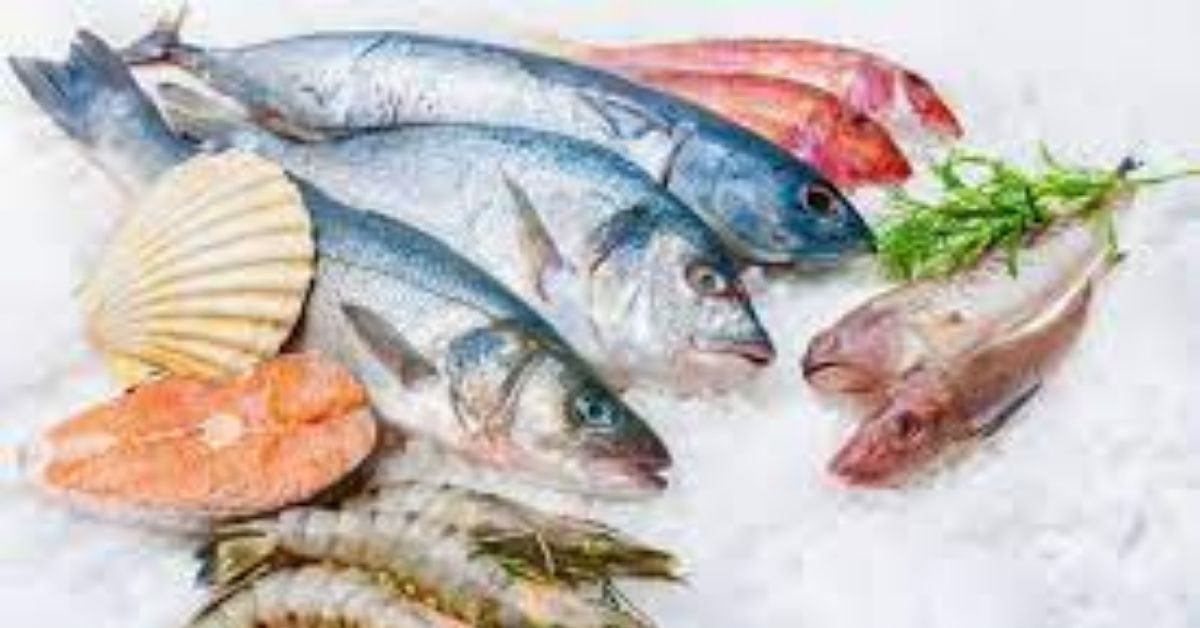Braving the choppy waters the sector faced globally, seafood exporters in Tamil Nadu had a decent haul in the first seven months of this fiscal. They earned $758 million in exports, nearly 80% of the $973 million export target set for 2021-22 by the Centre.
This despite the Covid-inflicted troubles that had hit production, the steep increase in freight cost, the non-availability of refrigerated containers on time due to cartelisation by shipping lines, not to mention China conducting nucleic tests on seafood imports from India.
It’s a labour-intensive industry, employing mostly women – the 40-odd seafood exporters in Tamil Nadu employ more than 30,000 people. But despite a 1,076km coastline, Tamil Nadu accounts for a mere 15% of the total $7.8 billion Indian seafood exports targeted for this fiscal.
“The new DMK-led government in Tamil Nadu is proactive. It has identified seafood exports as one of the ‘champion’ sectors for boosting exports and helping the state achieve its $1 trillion economy target by 2030. We made a detailed presentation to finance minister Palanivel Thiaga Rajan. He and fisheries minister Anitha Radhakrishnan have promised all support for us,” says K V V Mohanan, Tamil Nadu president of the Indian Seafood Exporters’ Association.
Tamil Nadu’s 15% share of seafood exports includes transfers from Andhra Pradesh through the Chennai port. Aquaculture (mostly shrimp) contributes almost 70% of the export kitty, with capture fisheries accounting for the rest. Aquaculture production in TN has been dropping for the last few years, while other states such as Andhra Pradesh have upped output. The hatcheries sector, which originated in Chennai, has fallen victim to extortion by anti-socials with political support. As a result, the industry went virtually into hibernation over the past 10 years in the state, the industry delegation told the ministers.
“This government is keen to develop the marine seafood industry. I have asked the associations for hatcheries and aquaculture farmers to come forward and draw an action plan along with the exporters to enable the industry to tap its vast potential. As such, the problems for the industry are not with the government, but with local miscreants turned extortionists,” says Elias Sait, secretary general, Indian Seafood Exporters’ Association.
He cites a recent case, where a seafood exporter received all necessary approvals in one month from this government to establish a factory near Arambakkam, close to the TN-AP border to process fish. But a few miscreants created a furore and the exporter is now forced to approach a court, despite local officials coming out in his support, to begin operations.
Seafood exports can surge if Tamil Nadu can add another 8,000 acres for aquaculture in the next three years, allotting land to poorer sections, especially the fishermen community, say industry experts. The government should also help them get loans and offer subsidies to help them adopt the latest techniques in aquaculture. This can boost shrimp production to 50,000 tonnes per annum, from last year’s 20,000 tonnes.
“Andhra Pradesh (Seemandhra) has effectively put to use almost 95% of land identified as suitable for aquaculture. In Tamil Nadu, a mere 16% of the available land is being used. The potential for growth is huge,” says Mohanan.
Industry experts say that marine product exports from Tamil Nadu can touch rs 15,000 crore and more in the next five years from the Rs 9,000 crore expected this year. “But we are facing problems on twin fronts. High diesel prices, despite state government subsidy, have limited the number of boats venturing into sea and continuing depletion of marine resources has cut the catch by half,” says D B Ravi Reddy, treasurer, Seafood Exporters Association of India. He says indiscriminate fishing, which hauls in juvenile fish too, has contributed to the depletion of the catch. The cost of power to run cold storages in Tamil Nadu is also five times more than in some other coastal states.
The industry has to overcome this ‘double whammy’ to sustain exports at existing levels. It has urged the state to introduce aquaculture parks, offer latest tuna fishing technology and encourage cage culture and sea ranching to replenish the catch.
Source : TOI








